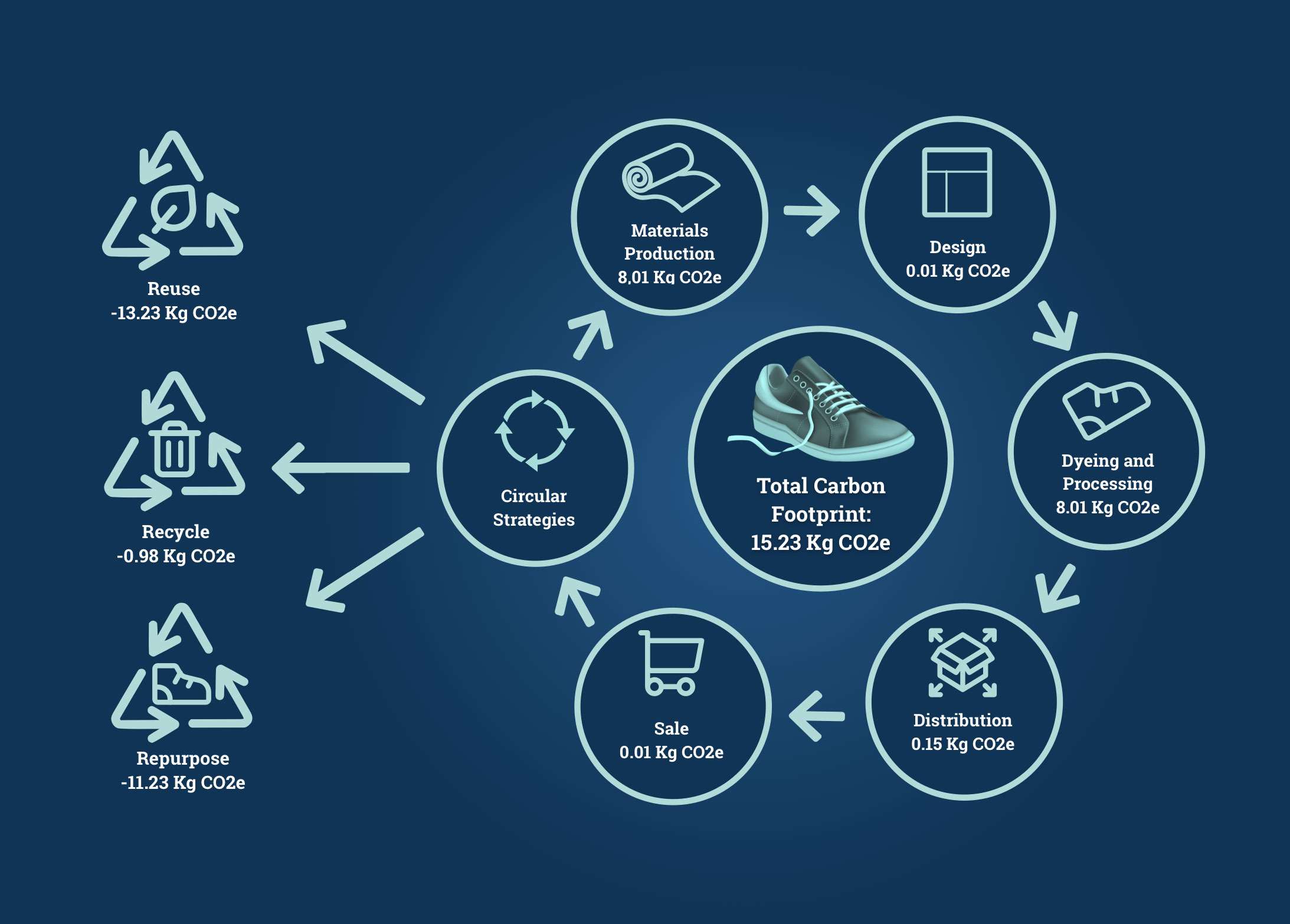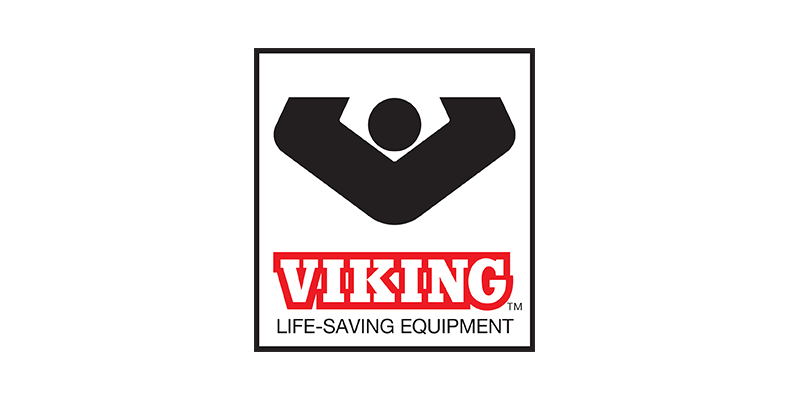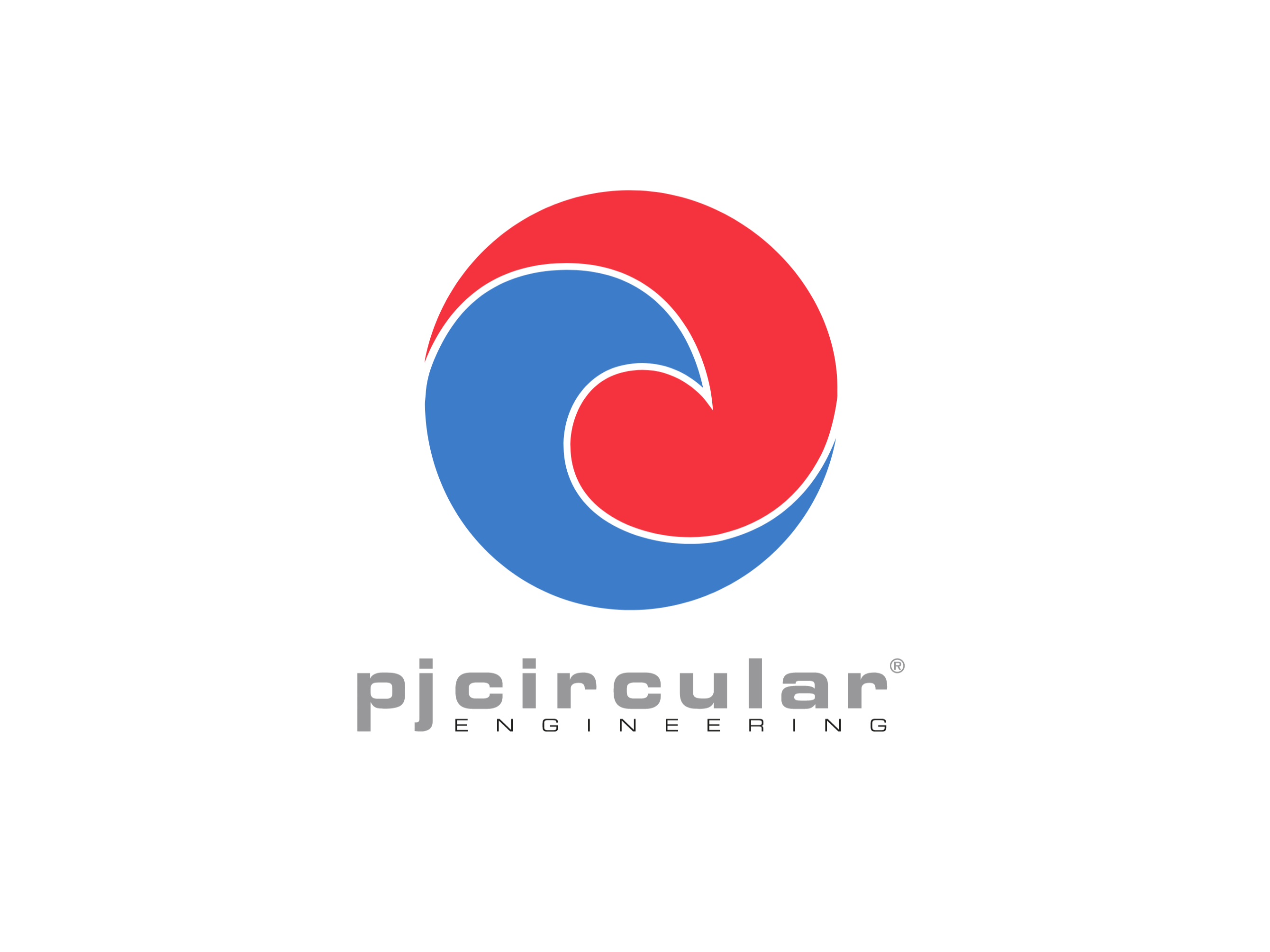Use a data-driven approach to implement circularity into your products

Document your climate efforts, share your data, invite suppliers and create a green value chain
After food, housing, and mobility, textile use in Europe has the fourth-highest impact on the environment and climate change. Between 2000 and 2015, the world’s textile production nearly doubled, and by 2030, that number is projected to rise by 63%. We are here to assist you on the journey to a more greener textile industry

Getting production data from your supply chain on materials is a common challenge
The risk of greenwashing is bigger than ever. The use of environmental labels and lack of transparency is making it difficult for consumers to make a informed decision.

Climate data often relies on multiple data sources from other industries. Lack of transparency increases the risk for inaccurate results

In a cooperation with the Dutch government on publicly procured apparel, ECAP claimed net CO2e emissions savings of 834,000 tonnes, primarily as a result of merchants’ encouragement to employ recycled materials.
Our hybrid approach involves our own user-friendly platform and our advisory of Environmental Engineers.
We make it easier to communicate with your value chain, share information, calculate your emissions and work towards your SBTi goals.
We work ISO and ILCD based and are proud to take a scientific approach to calculating your products’ carbon footprint.


We make it possible to baseline and compare your suppliers and easily compare the data using our ISO compliant and life cycle based platofrm

Avoid falling into the greenwashing trap by using science-based data with optional independent validation and verification by our Environmental Engineers and partners

Our platform includes a state-of-the-art transparency and data quality assessment engine

Circularity is one of the key activities to a greener apparel industry. Our platform incorporates makes it possible to assess all stages of circularity of your product



By making product Life Cycle Assessments, you can show how you contribute to a greener industry with actual climate data.
Whether it's for internal or external reporting, your climate data can be used to show progress towards reporting such as Science-Based Targets, Greenhouse Gas Protocol, ESG, and more.
Use your results in marketing and sales material. With oncoming regulations and stricter compliance in the years ahead, accompanying your products with climate data sends positive signals to your stakeholders.



By making product Life Cycle Assessments, you can show how you contribute to a greener industry with actual climate data.
Whether it's for internal or external reporting, your climate data can be used to show progress towards reporting such as Science-Based Targets, Greenhouse Gas Protocol, ESG, and more.
Use your results in marketing and sales material. With oncoming regulations and stricter compliance in the years ahead, accompanying your products with climate data sends positive signals to your stakeholders.







Our lifecycle-based environmental quantification system makes it easy to calculate, document, and share environmental performance data of products. We remove the complexity around LCA-based calculations and make it possible for users with just basic product knowledge to make advanced calculations.
Amaliegade 14, st.
1256 København K
Denmark
CVR: 39843870
Mail: info@re-flow.io
Tel: +45 3274 5300
© ReFlow ApS 2023 – All rights reserved
| Cookie | Duration | Description |
|---|---|---|
| cookielawinfo-checkbox-analytics | 11 months | This cookie is set by GDPR Cookie Consent plugin. The cookie is used to store the user consent for the cookies in the category "Analytics". |
| cookielawinfo-checkbox-functional | 11 months | The cookie is set by GDPR cookie consent to record the user consent for the cookies in the category "Functional". |
| cookielawinfo-checkbox-necessary | 11 months | This cookie is set by GDPR Cookie Consent plugin. The cookies is used to store the user consent for the cookies in the category "Necessary". |
| cookielawinfo-checkbox-others | 11 months | This cookie is set by GDPR Cookie Consent plugin. The cookie is used to store the user consent for the cookies in the category "Other. |
| cookielawinfo-checkbox-performance | 11 months | This cookie is set by GDPR Cookie Consent plugin. The cookie is used to store the user consent for the cookies in the category "Performance". |
| viewed_cookie_policy | 11 months | The cookie is set by the GDPR Cookie Consent plugin and is used to store whether or not user has consented to the use of cookies. It does not store any personal data. |